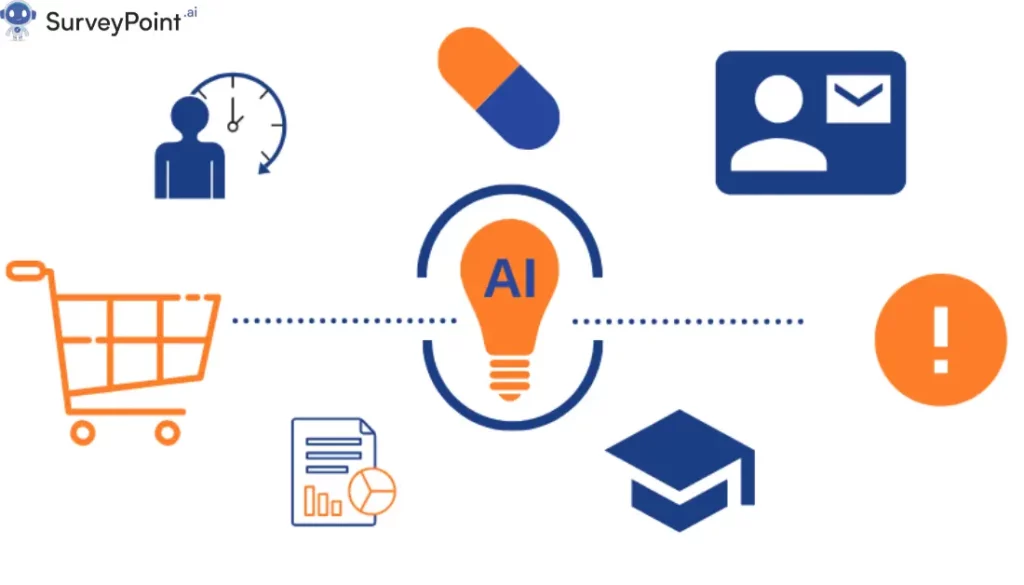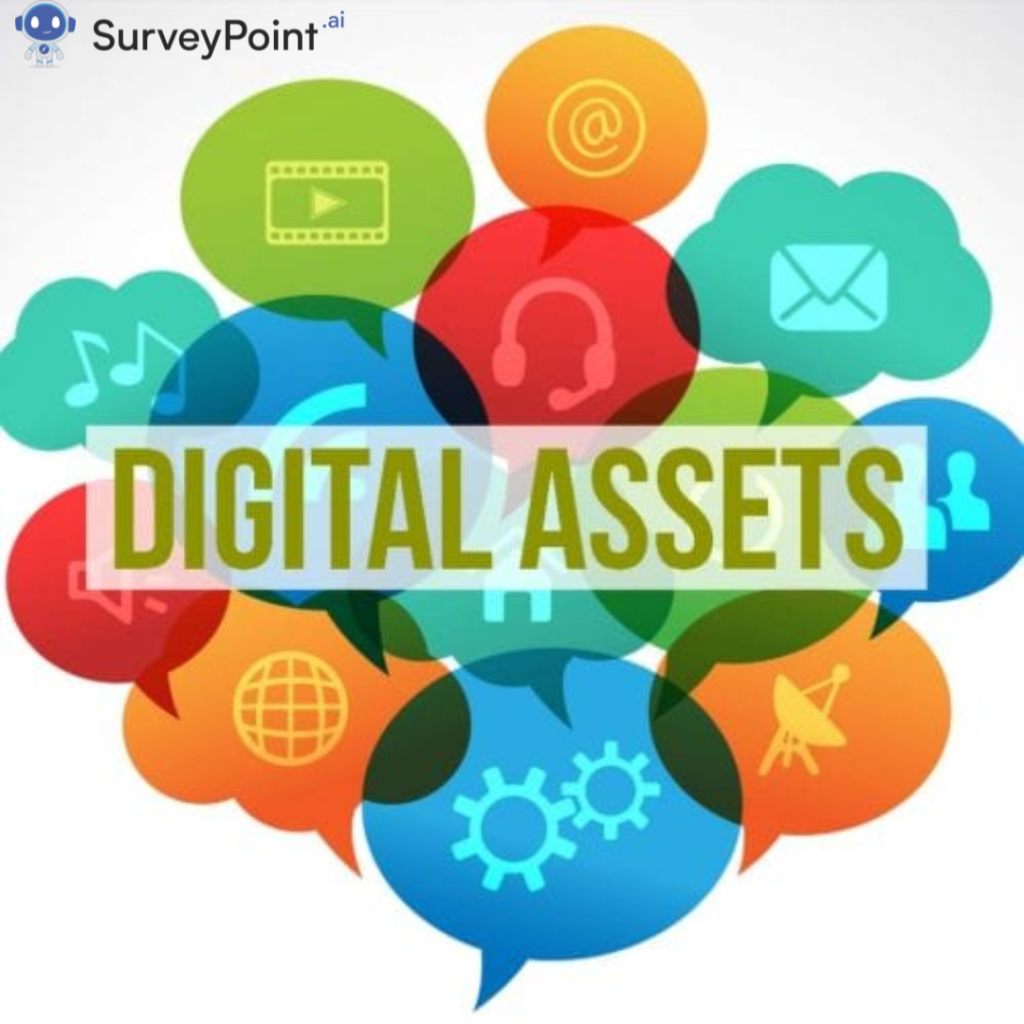
In the ever-evolving landscape of supply chain management, the integration of Artificial Intelligence (AI) has emerged as a transformative force. This comprehensive guide explores the multifaceted role of AI in reshaping supply chain dynamics, delving into the nuances of generative AI use cases, real-world examples, and the overarching impact of AI-based supply chain management.
Artificial Intelligence in Supply Chain Management: A Paradigm Shift
1. The Essence of AI in Supply Chains At its core, Artificial Intelligence in supply chain management represents the infusion of intelligent technologies to enhance efficiency, streamline processes, and elevate decision-making. Whether it’s predictive analytics, machine learning, or generative AI, these tools empower supply chain professionals to navigate complexities with unprecedented precision.
2. Generative AI: Illuminating Supply Chain Possibilities Generative AI, a subset of artificial intelligence, brings a unique dimension to the supply chain. Unlike traditional AI which relies on predefined algorithms, generative AI can create new solutions and scenarios. In the supply chain context, this translates to creative problem-solving and adaptive strategies.
Navigating the Artificial Intelligence Landscape in Supply Chains
1. AI and Supply Chain Management: A Symbiotic Relationship The integration of AI and supply chain management isn’t a mere adoption of technology; it’s a symbiotic relationship that revolutionizes how businesses strategize, operate, and respond to market dynamics. AI-powered algorithms analyze vast datasets, extract insights, and optimize processes, offering a competitive edge in the global market.
2. AI in Supply Chain Examples: Real-world Transformations To demystify the theoretical, let’s explore tangible AI in supply chain examples:
- Demand Forecasting: AI algorithms analyze historical data, market trends, and external factors to predict demand with remarkable accuracy. This empowers businesses to optimize inventory levels, reducing excess stock or shortages.
- Predictive Maintenance: AI-enabled sensors monitor equipment conditions in real-time, predicting maintenance needs before failures occur. This proactive approach minimizes downtime and extends the lifespan of critical assets.
- Route Optimization: AI algorithms optimize transportation routes based on factors like traffic patterns, weather conditions, and delivery deadlines. This not only enhances efficiency but also reduces fuel consumption and carbon footprint.
The Dawn of Artificial Intelligence-Based Supply Chain Management
1. Redefining Efficiency: AI-based Supply Chain Management AI-based supply chain management goes beyond automation; it signifies a holistic transformation of operations. Here’s how:
- Enhanced Decision-Making: AI processes vast datasets at unprecedented speeds, providing decision-makers with real-time insights. This agility enables proactive decision-making and risk mitigation.
- Adaptive Planning: The dynamic nature of supply chains demands flexibility. AI-based systems adapt to changes, whether it’s market fluctuations, disruptions, or evolving consumer trends.
- Cost Optimization: By optimizing processes, minimizing inefficiencies, and improving resource allocation, AI-based supply chain management contributes to substantial cost savings.
Conclusion: The Future Unveiled
As we navigate the realm of Artificial Intelligence in supply chain management, it’s evident that we stand at the threshold of a transformative era. The synergy of generative AI, predictive analytics, and adaptive strategies heralds a future where supply chains aren’t just efficient but dynamically responsive to the nuances of a globalized market.
In embracing AI, businesses embark on a journey of innovation, resilience, and sustainable growth. The marriage of technology and supply chain management isn’t a mere evolution; it’s a revolution that reshapes industries, empowers professionals, and propels businesses toward a future where efficiency isn’t just a goal but an inherent characteristic of supply chain excellence. So, as AI continues to weave its intricate tapestry into the fabric of logistics, the future promises not just optimized supply chains but a paradigm shift in how we perceive and navigate the complex world of global commerce.




